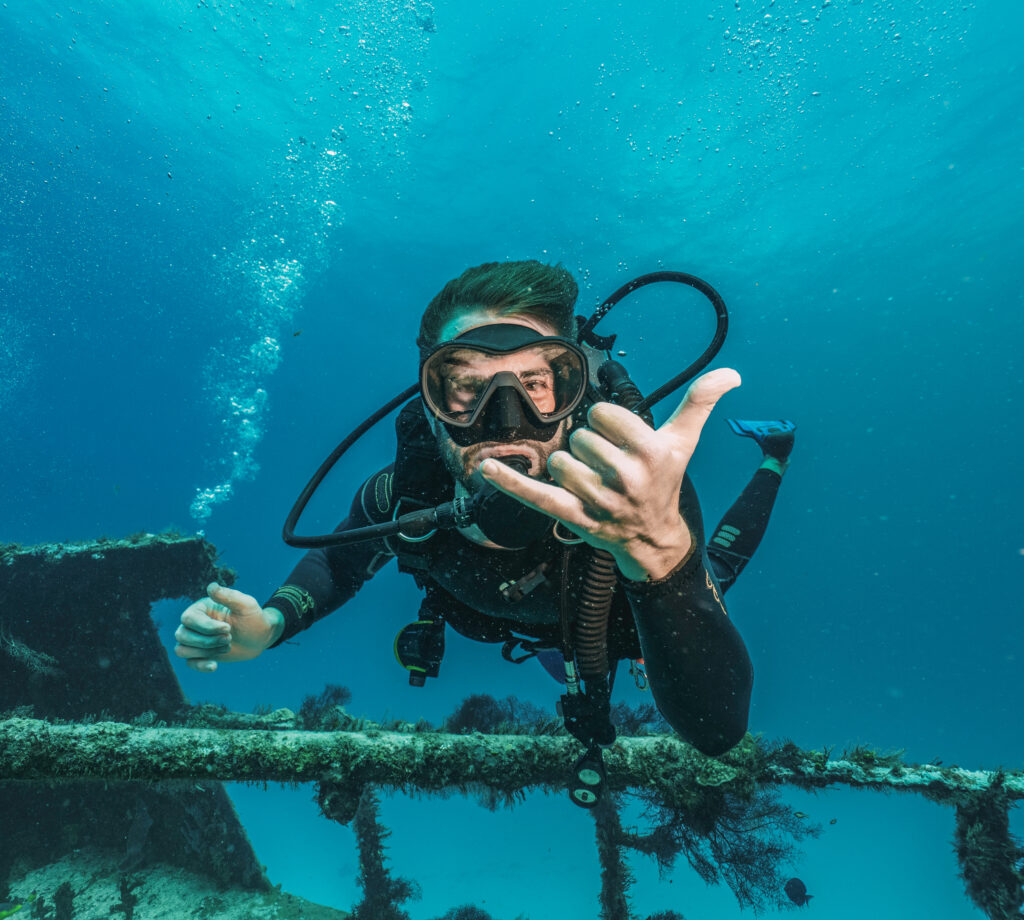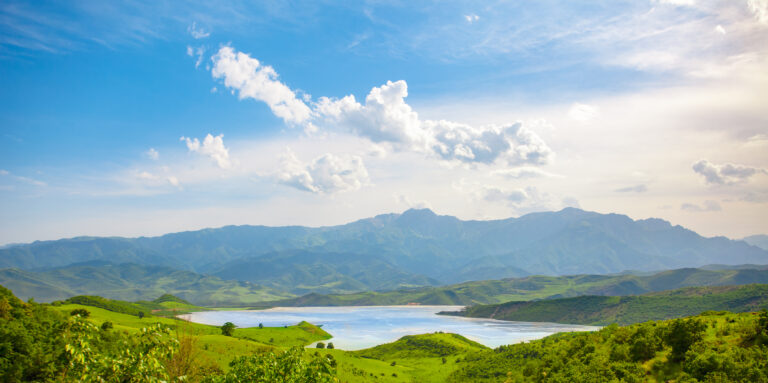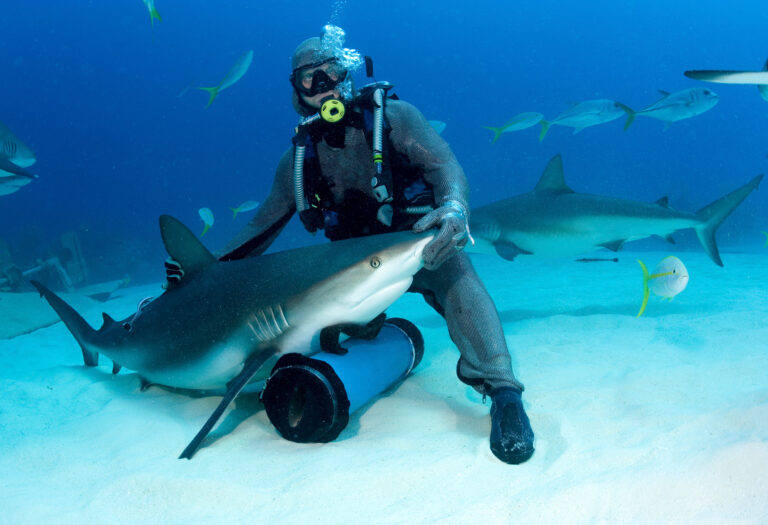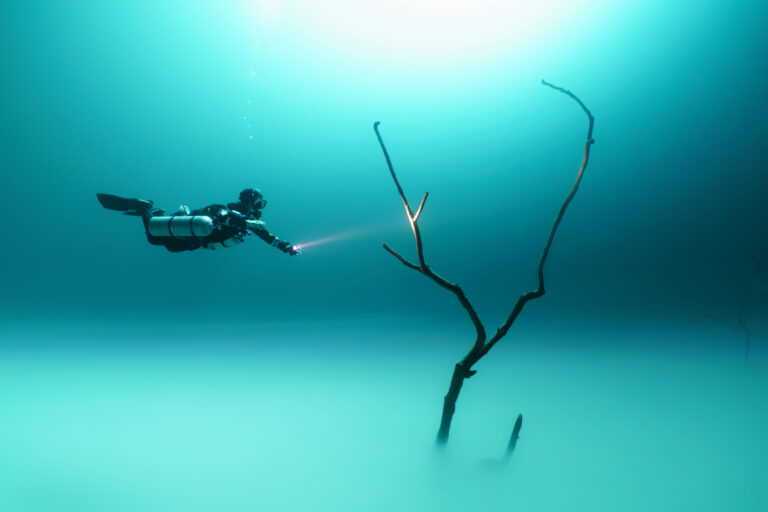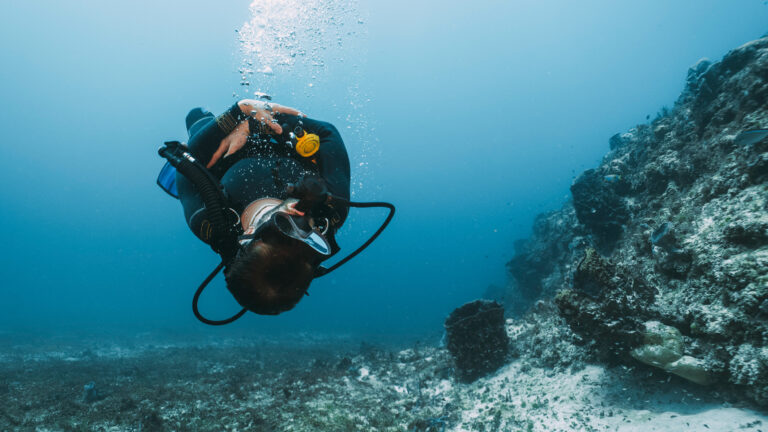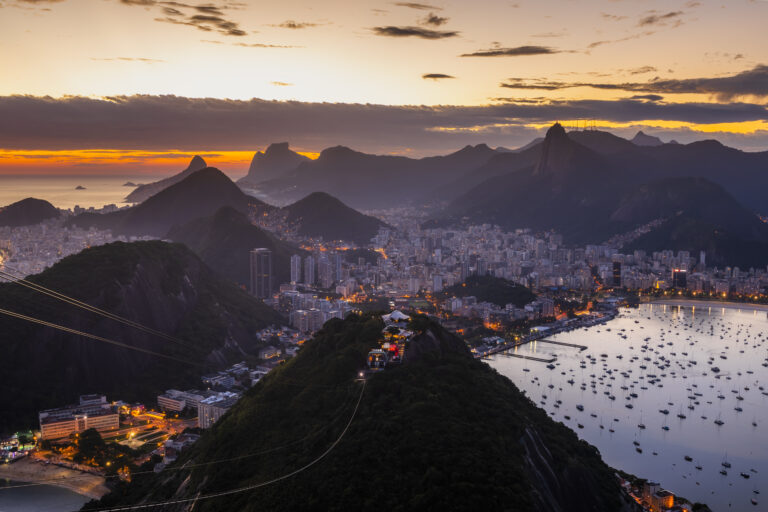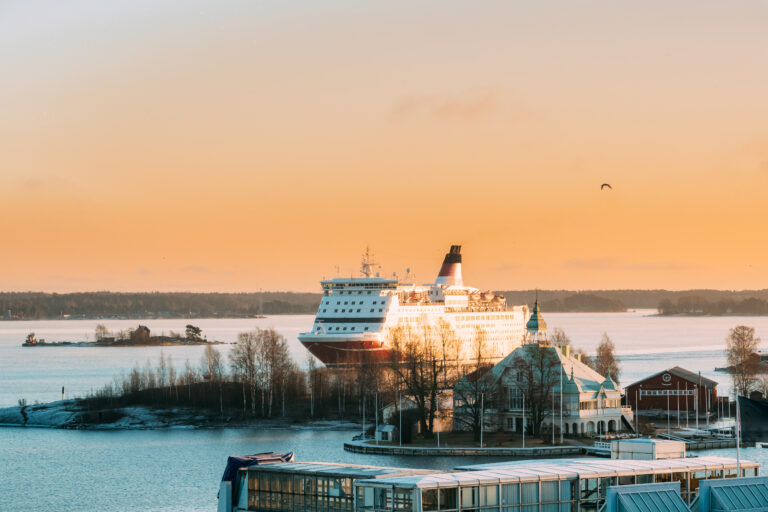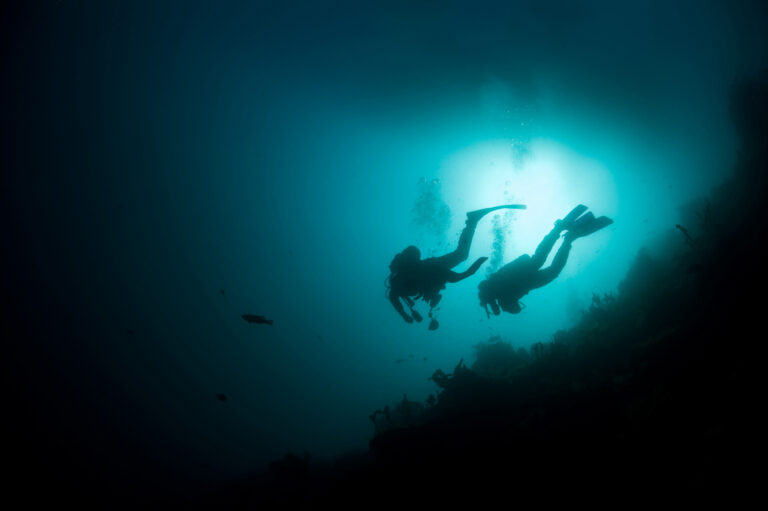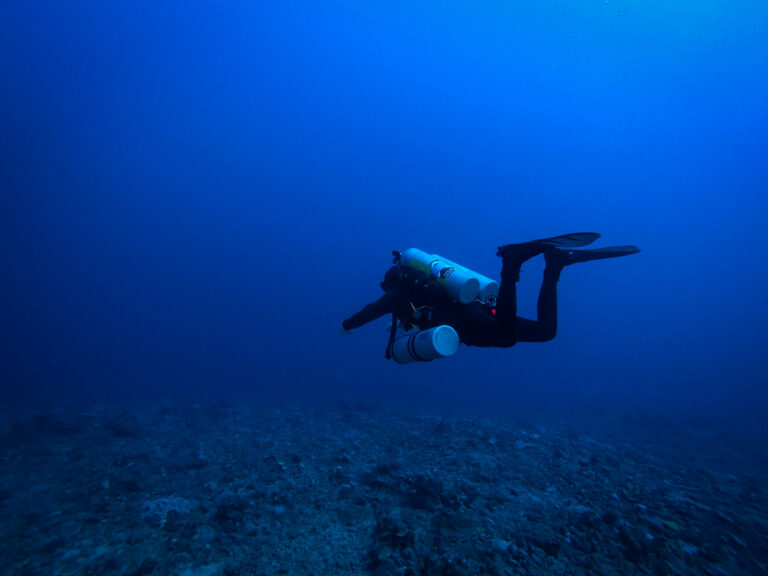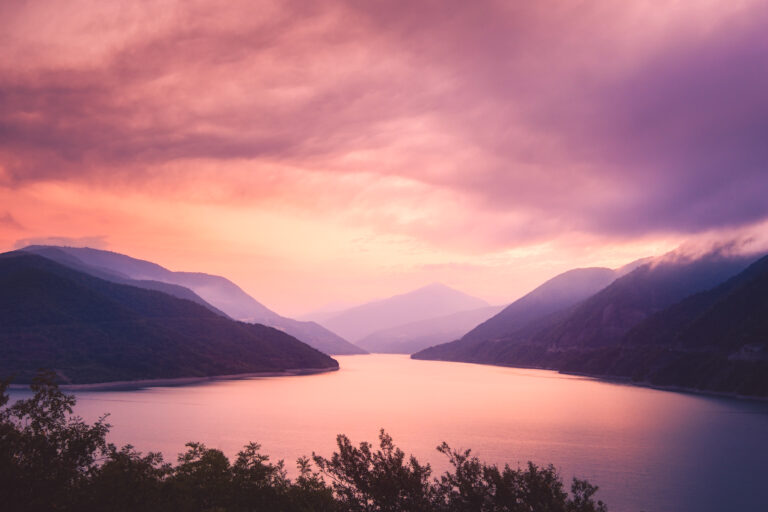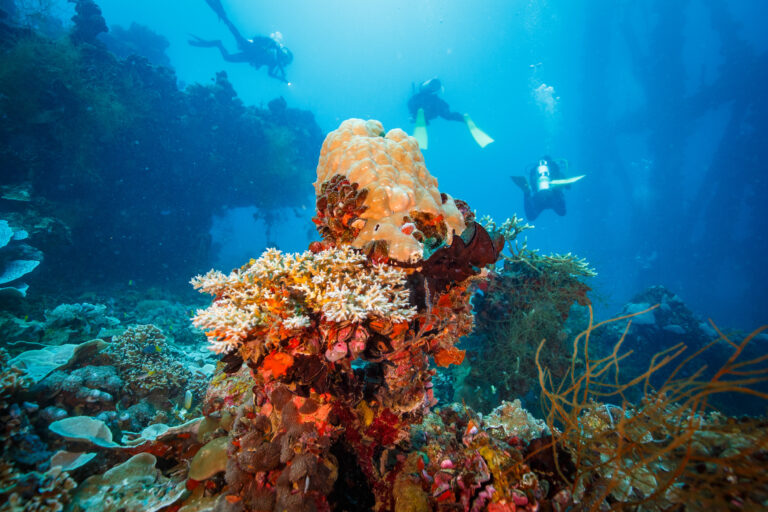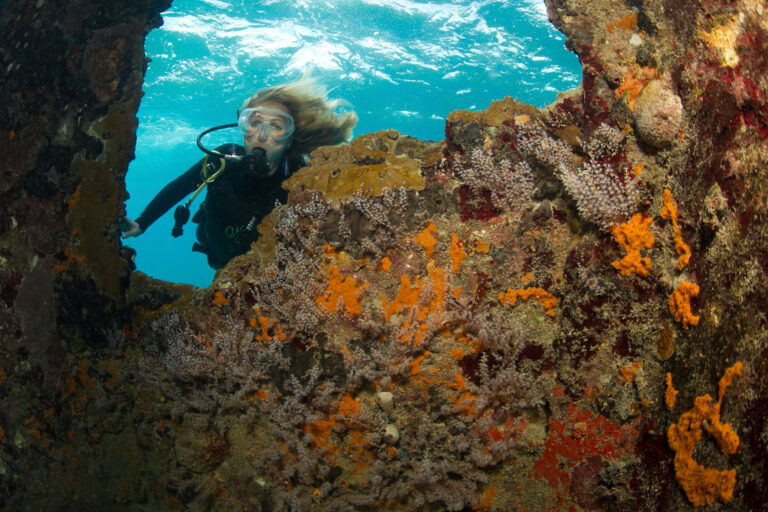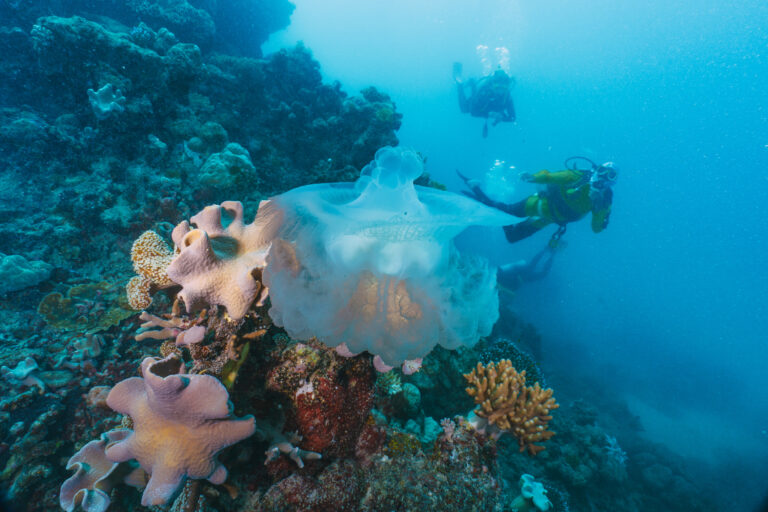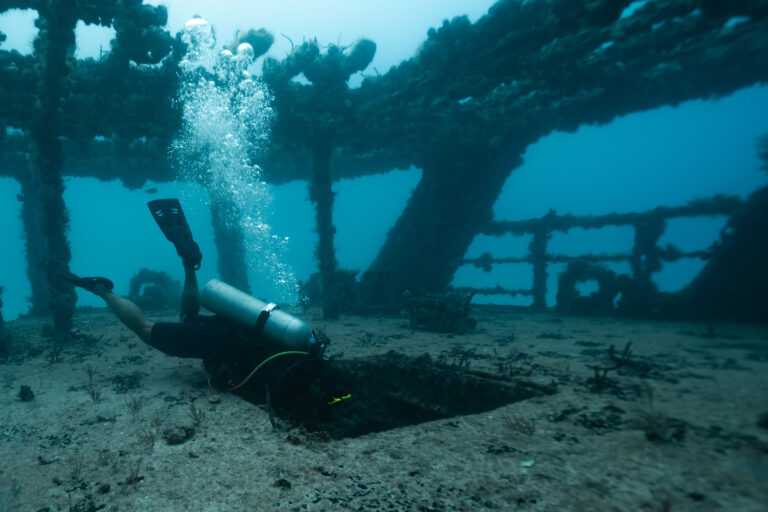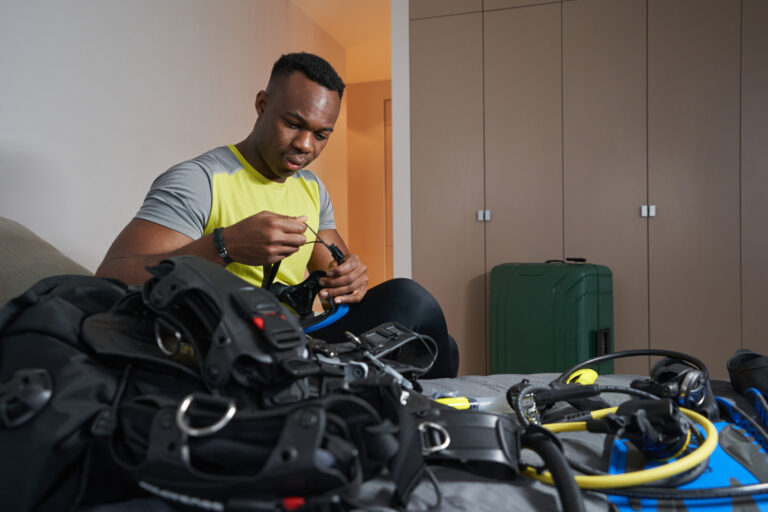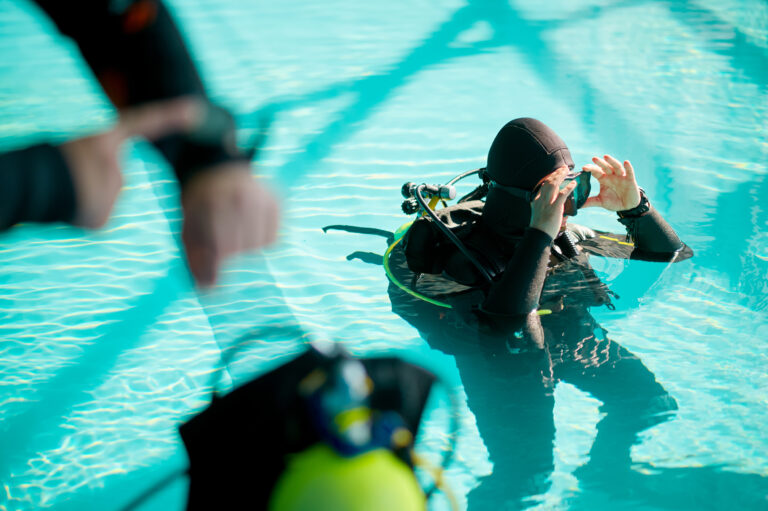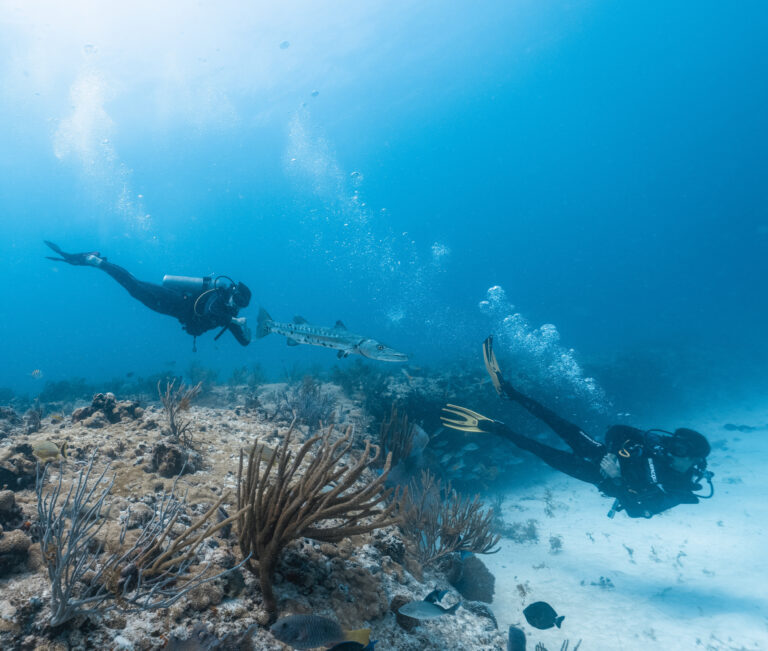Scuba Divers’ Travel Guide to Tonga
Tonga, an archipelago in the South Pacific, offers scuba divers a rich and diverse underwater world. The clear, warm waters are home to vibrant coral reefs, tropical fish, and larger marine species such as whales and rays. The islands’ diverse dive sites provide a range of experiences, from shallow lagoons to deeper offshore reefs. Tonga’s rich cultural heritage and stunning natural beauty make it an enticing destination for scuba travelers. With its pristine marine environments and welcoming atmosphere, Tonga promises an unforgettable diving adventure.
Location and Geography
Tonga, an enchanting archipelago situated in the South Pacific Ocean, is comprised of 169 islands, of which only 36 are inhabited, offering a serene and relatively untouched scuba diving haven. This Polynesian kingdom lies directly east of Fiji and south of Samoa, stretching across approximately 800 kilometers in a north-south line. The islands are divided into three main groups: Tongatapu in the south, Ha’apai in the center, and Vava’u to the north, with the isolated Niuas group further north. Tonga’s diverse underwater topography is shaped by its volcanic origins and coral formations, featuring dramatic cliffs, caverns, and tunnels alongside vibrant coral gardens. The clear, warm waters provide excellent visibility, allowing divers to fully immerse themselves in the rich marine biodiversity. Tonga’s unique geographic location also makes it a prime spot for encountering majestic humpback whales, which migrate to its sheltered waters to breed and calve from July to October, adding a remarkable dimension to the diving experience.
Visa and Entry Requirements
Before embarking on your underwater adventure to the pristine waters of Tonga, it is essential to ensure that your travel documents are in order. Visitors from most countries can enter Tonga without a pre-arranged visa and are granted a 30-day tourist visa upon arrival. However, it is crucial to have a passport valid for at least six months beyond the intended period of stay, a return ticket or proof of onward travel, and evidence of sufficient funds for your stay. Some nationalities do require a visa before arrival, so it’s important to check the latest visa requirements with the nearest Tongan embassy or consulate well in advance of your trip. Additionally, due to changing global health and safety measures, it is advisable to verify any additional entry requirements that may be in place, such as health declarations or COVID-19 vaccination certificates, to ensure a smooth entry into the Kingdom of Tonga for your scuba diving excursion.
Getting to Tonga
Getting to Tonga for an unforgettable scuba diving adventure is an experience that begins with the journey itself. This Polynesian kingdom, nestled in the heart of the South Pacific, is accessible by air with Fua’amotu International Airport on Tongatapu serving as the main gateway. Flights to Tonga are available from several major cities in Oceania, including Auckland, Sydney, and Fiji, with airlines such as Air New Zealand, Virgin Australia, and Fiji Airways offering regular services. Once you arrive in Tongatapu, domestic flights or ferries can transport you to the outer islands, such as Vava’u and Ha’apai, where pristine dive sites await. It’s important to plan your travel well in advance, especially during the peak diving season from June to October, to ensure availability and the best rates. With its clear, warm waters and vibrant marine life, the journey to Tonga is a small price to pay for the rich underwater experiences that await.
Best Time to Dive
Getting to Tonga for an unforgettable scuba diving adventure is an experience that begins with the journey itself. This Polynesian kingdom, nestled in the heart of the South Pacific, is accessible by air with Fua’amotu International Airport on Tongatapu serving as the main gateway. Flights to Tonga are available from several major cities in Oceania, including Auckland, Sydney, and Fiji, with airlines such as Air New Zealand, Virgin Australia, and Fiji Airways offering regular services. Once you arrive in Tongatapu, domestic flights or ferries can transport you to the outer islands, such as Vava’u and Ha’apai, where pristine dive sites await. It’s important to plan your travel well in advance, especially during the peak diving season from June to October, to ensure availability and the best rates. With its clear, warm waters and vibrant marine life, the journey to Tonga is a small price to pay for the rich underwater experiences that await.
Accommodation Options
In the serene archipelago of Tonga, scuba divers can find a variety of accommodation options to suit their preferences and budgets. From the main island of Tongatapu to the pristine waters of Vava’u, divers can choose from eco-friendly beachfront fales (traditional Tongan bungalows) that offer a rustic and immersive experience, to luxurious resorts that provide modern amenities and direct access to dive sites. Mid-range options include guesthouses and lodges, many of which cater specifically to divers, offering gear rentals and convenient boat charters. Liveaboard boats are also available for those who wish to wake up at a new dive site each day, maximizing their underwater adventures. Regardless of where you stay, the warm hospitality of the Tongan people and the breathtaking marine life, including the majestic humpback whales during their migration season, make Tonga a memorable destination for divers of all levels.
Dive Operators and Dive Shops
In the pristine waters of Tonga, a kingdom comprising over 170 South Pacific islands, dive operators and shops are your gateway to an underwater realm of unspoiled coral gardens, caverns, and an astonishing array of marine life. These local specialists, often staffed by PADI-certified professionals, offer a range of services from beginner courses to advanced certification dives. Tonga’s dive shops are well-equipped to cater to the needs of divers of all levels, providing rental gear, boats, and knowledgeable guides who are intimately familiar with the best dive sites. Many operators also offer the unique opportunity to dive with humpback whales, particularly between July and October, when these gentle giants visit Tonga’s warm waters to breed and calve. Whether you’re looking to explore the vibrant reefs of Vava’u, the dramatic underwater landscapes of Ha’apai, or the historic wrecks near Tongatapu, the local dive operators ensure a safe, memorable, and eco-friendly diving experience, helping you to navigate Tonga’s underwater treasures responsibly and with utmost enjoyment.
Transportation within Tonga
Transportation within the Kingdom of Tonga is an adventure in itself, offering a blend of traditional and modern modes to navigate the archipelago’s many islands. For scuba divers eager to explore Tonga’s underwater treasures, inter-island ferries and domestic flights are the primary means of reaching the more remote dive sites. The ferry services, such as the Friendly Islands Shipping Agency (FISA), provide regular trips between the main islands, though schedules can be subject to change due to weather conditions. For a quicker transfer, Real Tonga Airlines operates flights connecting Tongatapu, Ha’apai, Vava’u, and the Niuas, bringing divers closer to renowned spots like the coral gardens of Ha’apai or the humpback whale diving experiences in Vava’u. On the islands themselves, rental cars, taxis, and bicycles are available for short-distance travel, while the traditional open-air buses offer a more local experience. Always plan ahead and allow for flexibility in your schedule, as transportation in Tonga runs on ‘island time,’ where the pace is relaxed and the journey is part of the experience.
Currency and Payment Methods
When traveling to Tonga for a scuba diving adventure, it’s important to be prepared with the appropriate currency and payment methods. The official currency of Tonga is the Tongan Pa’anga (TOP), and it’s advisable to have some on hand for small purchases, tips, and transactions at local markets or with smaller dive operators that may not accept credit cards. Major hotels, resorts, and some dive shops in popular areas like Nuku’alofa and Vava’u will typically accept major credit cards such as Visa and MasterCard. However, American Express may not be widely accepted. ATMs are available in urban centers, but can be scarce or non-functional on more remote islands, so plan accordingly. It’s also worth noting that while traveler’s checks can be cashed at banks, they are not as commonly used. Always inform your bank of your travel plans to avoid any issues with your cards while abroad. Lastly, remember that bargaining is not customary in Tonga, so prices are generally considered fixed.
Language and Communication
When embarking on a scuba diving adventure in the enchanting waters of Tonga, it’s important to consider the nuances of language and communication. Tongan, a Polynesian language, is the official language of the Kingdom, and while English is also widely spoken, especially in tourist areas and within the diving community, learning a few basic phrases in Tongan can greatly enhance your experience. Divers will find that dive operators and locals appreciate the effort and it can lead to warmer interactions and a deeper cultural understanding. Underwater, however, communication transcends spoken language, as divers rely on a universal set of hand signals to convey messages such as air supply levels, potential hazards, and the direction of travel. It’s essential to review these signals during your pre-dive briefings to ensure a safe and enjoyable dive with your fellow underwater explorers. Whether you’re conversing with local fishermen about the day’s conditions or signaling to your dive buddy about a passing humpback whale, effective communication in Tonga is key to a memorable scuba diving experience.
Local Culture and Attractions
Tonga, an enchanting archipelago nestled in the heart of the South Pacific, offers a rich tapestry of culture and attractions that complement its world-class scuba diving experiences. Visitors are warmly welcomed with the traditional greeting, “Mālō e lelei,” and are often captivated by the vibrant local customs, such as the ‘fakapale’ – a display of appreciation through garlands and gifts. The islands are steeped in history, with ancient Polynesian sites like the Ha’amonga ‘a Maui Trilithon, often referred to as the “Stonehenge of the Pacific,” providing a glimpse into a mysterious past. Tongan feasts, or ‘umu’, present an opportunity to savor traditional delicacies wrapped in banana leaves and slow-cooked in earth ovens, while the hypnotic rhythms of Tongan music and dance tell stories of the sea and the land. On the surface, the bustling markets of Nuku’alofa offer a kaleidoscope of local crafts, including intricately carved ‘tapa’ cloth and fine woven mats, perfect for taking a piece of Tongan culture back home. Whether you’re exploring the underwater wonders or immersing yourself in the local way of life, Tonga’s cultural heritage and attractions are as captivating as its coral reefs.
Cultural Etiquette and Tips
When scuba diving in the pristine waters of Tonga, it is essential to approach the local culture with respect and sensitivity. Tongans are known for their warm hospitality and strong sense of community, often rooted in traditional values and Christian faith. As a visitor, you should dress modestly when not on the beach or diving, especially when visiting villages or attending local events. It’s customary to remove your shoes before entering someone’s home or a church. When interacting with locals, be courteous and mindful of your body language; maintain a gentle tone and avoid overly direct eye contact, which can be considered confrontational. Always ask for permission before taking photographs of people or their property. Remember that Tonga observes a strict Sabbath, with most businesses closing on Sundays, and it’s expected that the day is kept low-key, with no recreational activities, including diving. By showing respect for Tongan customs and traditions, you’ll not only enrich your diving experience but also foster genuine connections with the local community.
Local Laws and Regulations Relevant to Tourists
When planning a scuba diving trip to the pristine waters of Tonga, it is essential for tourists to familiarize themselves with local laws and regulations to ensure a safe and lawful experience. Tonga enforces strict environmental laws to protect its delicate marine ecosystems, including regulations on fishing, interactions with wildlife, and the collection of coral or shells. It is illegal to touch or harass marine life, especially the humpback whales, which are a major attraction between July and October. Divers must adhere to the guidelines set by local dive operators, who are required to have appropriate licenses and permits. Additionally, Tonga has established Marine Protected Areas (MPAs) where fishing and anchoring may be restricted or prohibited. Tourists should also be aware that it is customary to seek permission from local village authorities before diving near their shores. Failure to comply with these regulations can result in hefty fines or legal action. It is advisable to check with your dive operator or the Tongan Ministry of Fisheries for the most current information before your dive.
Safety Tips and Emergency Contacts
When planning a scuba diving trip to the enchanting waters of Tonga, safety should be your paramount concern. Always dive within your certification limits and ensure that your equipment is in excellent condition before embarking on any underwater adventure. It is crucial to be aware of Tonga’s local marine life, such as the majestic humpback whales, and maintain a respectful distance to avoid disturbing them. Be mindful of the strong currents that can occur, particularly in channels between islands, and always dive with a buddy. Before diving, acquaint yourself with the local emergency procedures and ensure that you have access to a functioning means of communication. In case of an emergency, the primary contact is the local recompression chamber, which can be reached through the nearest hospital or the dive operator. Additionally, keep the contact details of DAN (Divers Alert Network) Asia-Pacific, which covers Tonga, handy (+61-3-9886 9166). Remember, immediate and appropriate action is critical in diving emergencies, so familiarize yourself with the signs of diving-related injuries such as decompression sickness and know the location of the nearest medical facilities capable of treating such conditions. Always dive with a reputable operator who can provide emergency support and has a direct line to the nearest hyperbaric chamber. By following these safety tips and having emergency contacts readily available, you can ensure a safer and more enjoyable diving experience in the pristine waters of Tonga.
Health and Travel Insurance
When planning a scuba diving trip to the enchanting waters of Tonga, it is crucial to consider your health and travel insurance coverage. Given the remote nature of many dive sites in Tonga and the potential need for specialized medical care in the event of a diving accident, it is highly recommended to obtain a comprehensive travel insurance policy that includes coverage for scuba diving activities. Ensure that your policy covers hyperbaric treatment and medical evacuation, as the nearest decompression chamber may be located on a different island or even in a neighboring country. Additionally, verify that your insurance provides sufficient coverage for possible travel disruptions or cancellations, as Tonga can be prone to seasonal weather events. It’s also wise to have a thorough medical check-up before your trip and to bring any personal medication, as local medical facilities may have limited resources. By securing the right insurance, you can dive into Tonga’s underwater marvels with peace of mind, knowing that you are well-protected against unforeseen circumstances.

